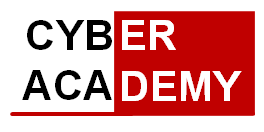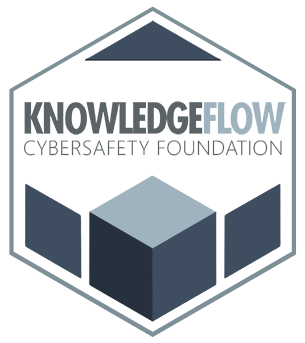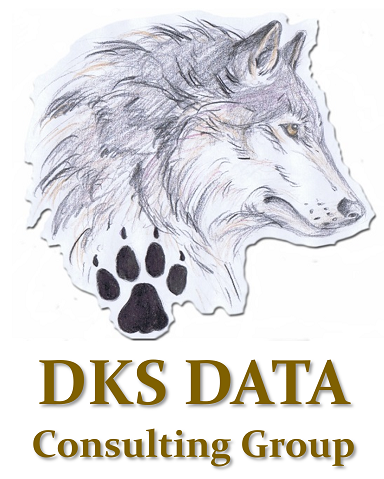Date:
The Cybersecurity Revolution is an event conceived to openly encourage sharing and interaction among the wider cybersecurity research community. It is an event focused around research, education, science and learning and not the furthering of commercial interests. The presentations can include information about research centers and their objectives, achievements, agendas and roadmaps; overviews and deep dives into past and present research themes and studies; graduate students and their research; discussions related to the theme. Presentations must promote education and sharing across the research community and commit to elevate accuracy, precision, and specificity in sciences related to cybersecurity. Presentations which promote a commercial product, company, entity or service or formulated for commercial benefit will not be included as part of the event.
Cybersecurity practitioners and researchers are spread across the world. Getting everyone together is time-consuming and costly. This conference is a first effort to bring together the best in cybersecurity to share ideas using the power of the Internet.
Click here to read the Summary
For the event website click here.
Click here to see the full Cybersecurity Revolution event agenda
Click here to see the HUJI Cyber Security Reasearch Center June 1st Agenda
Participants (Click on the logo to see the paticipant's live event or homepage):
The HUJI Cyber Security Reasearch Center Agenda (May 31st; Israel Daylight Time):
12:00-12:45
Dr. David Maimon – Environmental Cues and their Impact on Public Wi-Fi Users’ Privacy Behaviors (Watch the Lecture)
The recent growth of Wi-Fi in public places (public Wi-Fi) has facilitated users accessing the Internet from virtually anywhere, anytime. In most cases, to facilitate ease of use these wireless networks do not require any form of user authentication or identification to use them. This dearth of both virtual (access to a protected network) and physical (access to a protected building) security provisions expose users of these public networks to a wide range of both online (for example man-in-the-middle attacks) and offline (for example shoulder surfing) attacks. Therefore, security experts encourage users of these networks to employ different methods to protect their computers and their data from abuse. One way to nudge people into applying self-protective behaviors when using these public networks is through the introduction of relevant security cues in the physical environment. However, scant research exists that provides evidence to show that users are even aware of either their surroundings or the cues that exist in those surroundings, when using public Wi-Fi. This paper addresses this gap in the literature and examines whether public Wi-Fi users are aware of the presence (situational awareness) of other people when using public Wi-Fi networks. It then investigates whether this situational awareness is associated with computer users' decisions to use public Wi-Fi, and if so, whether this awareness determines public Wi-Fi users’ adoption of both offline and online self-protective behaviors on these networks. We use both survey and experimental methodologies to answer these questions.
12:45-13:30
Eitan Diamond – ‘Big Data’ and the Implementation of the Law of Armed Conflict (Watch the Lecture)
The presentation will offer some preliminary thoughts about ways in which the increasing availability and capacity to analyse Big Data may (and should) affect the implementation of the law of armed conflict (otherwise known as international humanitarian law).
13:30-14:15
Michael Wolfowicz – Cyber-radicalization: Challenges and Solutions (Watch the Lecture)
In this presentation we will discuss the current state of the scientific knowledge and capabilities relating to understanding and detecting cyber-radicalization. We will discuss the current issues that exist with respect to big data and automated detection tools and why lone wolf terrorists are often said to have flown 'under the radar'. In order to better appreciate the nature of the issue, I will present the results from a recent systematic review and meta-analysis. I will also present the results from a recent study examining the Facebook histories of lone-wolf terrorists in Israel and discuss the theoretical and practical implications for understanding the mechanisms by which cyber-radicalization operates, as well as the development of more evidence-based and effective detection tools.























